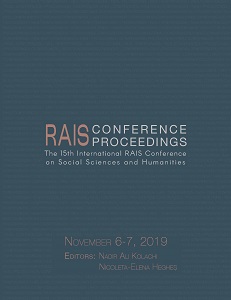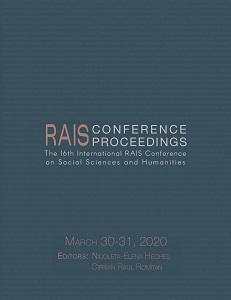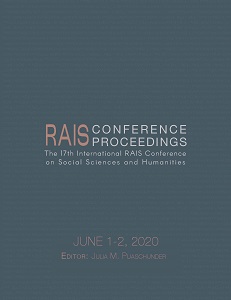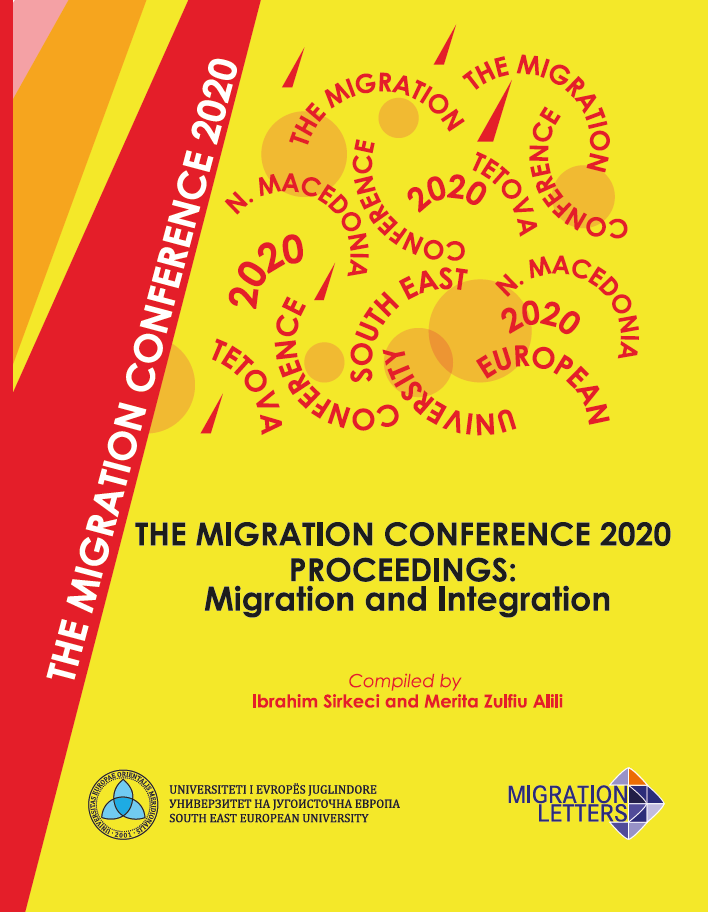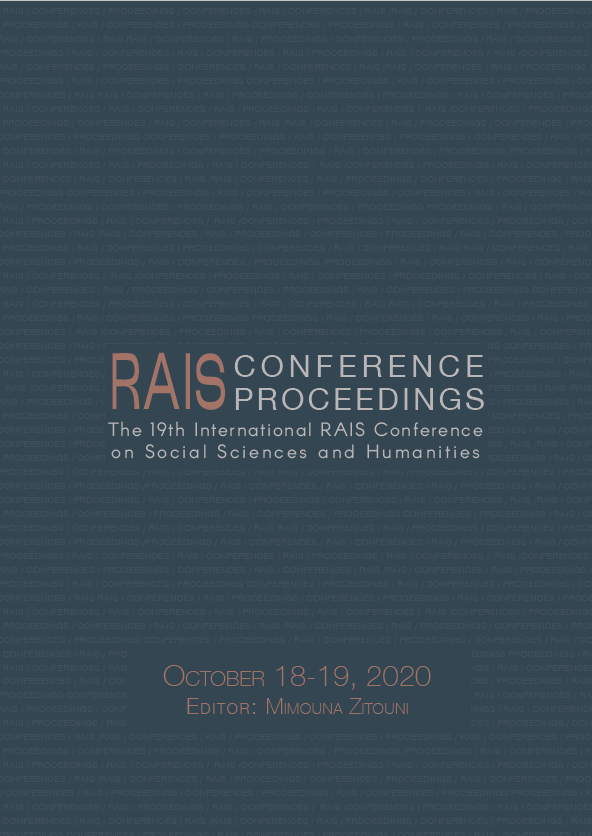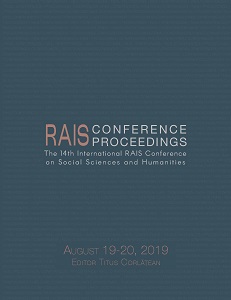
Malpractice – The Phenomenon and the Relevant Advantages of Mediation in Criminal Cases
Malpractice – The Phenomenon and the Relevant Advantages of Mediation in Criminal Cases
Keywords: criminal cases; injury; malpractice; mediation; phenomenon; win-win situation;
Malpractice is a relatively newly recognized phenomenon, whose negative effects regard both the client (patient) and the professional. Nowadays, there is a widely held intention of the client incurring damages from a malpractice case in order to obtain damage-repairs that are higher than deserved, but also to cause a “bad-advertising” for the professional in default, especially in criminal cases. Mediation seems to be an instrument to provide the best solution for both parties involved: the client obtains a better repair than a Court-of-Law can decide upon, while the professional benefits from a more confidential analysis on his default; additionally, the Courts-of-Law are relieved from analyzing malpractice cases. The mediation procedure for medical malpractice cases can be regarded as an extrajudicial alternative, a "WIN-WIN" solution, by its nature, for the parties in conflict who have a possibility of reaching a mutually beneficial agreement. Whereas, according to Article 16 of the New Criminal Procedure Code par. 1 The criminal action cannot be put into motion and when it has been put into motion it can no longer be exercised if: g) the preliminary complaint was withdrawn in the case of offenses for which its withdrawal removes the criminal liability, the reconciliation occurred or a mediation agreement was concluded under the law. Therefore, a positive result of the mediation activity in criminal matters would lead to the suspension of criminal proceedings in the criminal investigation phase or the termination of the trial at the trial stage. In addition to this advantage, other benefits of the mediation procedure in criminal matters will be discussed in the present article.
More...
